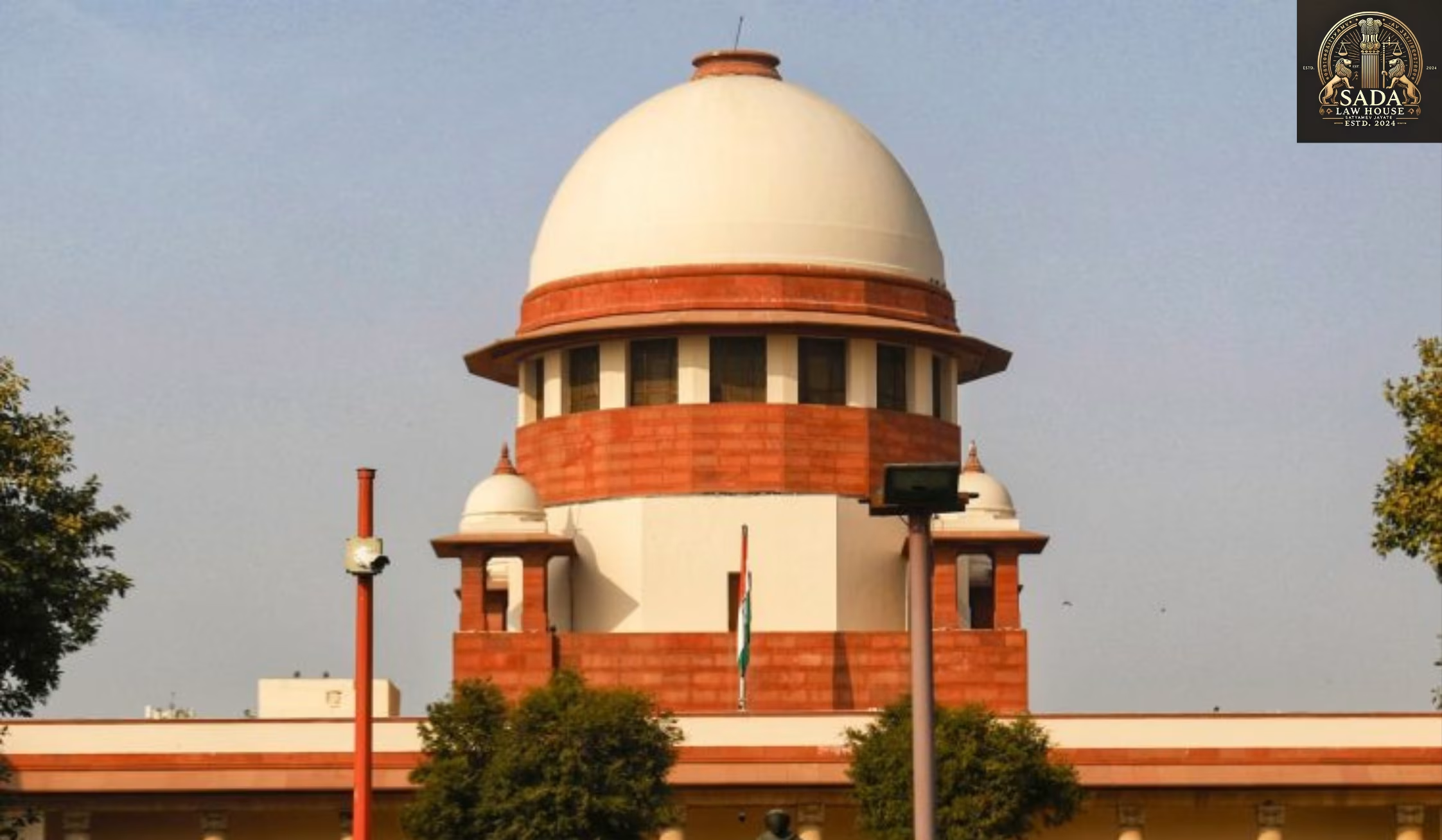Supreme Court Acts Against ED Summons to Lawyers: Upholding Legal Privilege and Professional Freedom
- KASHISH JAHAN
- 27 June 2025

The Supreme Court of India takes suo motu cognizance of ED summons to lawyers, defending legal ethics, lawyer-client privilege, and professional freedom. Learn about this pivotal moment for India’s legal system.
Supreme Court Steps In: Suo Motu Action on ED Summons to Lawyers
In a landmark move to safeguard the legal profession and uphold constitutional rights, the Supreme Court of India has taken suo motu cognizance of the Enforcement Directorate (ED) summoning senior advocates over legal advice rendered to clients.
The bench, comprising Justice K.V. Viswanathan and Justice N.K. Singh, expressed serious concerns about what it called a growing and troubling pattern by investigative agencies.
ED’s Summons to Senior Advocates Sparks Controversy
This judicial scrutiny follows the ED’s issuance of summons to leading senior advocates like Arvind Datar and Pratap Venugopal. The summons were related to legal opinions provided in their professional capacity.
The Supreme Court labeled this practice as “prima facie untenable,” stressing that lawyer-client privilege must be respected. Legal professionals must be able to advise clients freely, without the looming threat of criminal investigations.
Defending Legal Representation and Constitutional Freedoms
Legal experts see this intervention as a pivotal moment for India’s judicial landscape. It addresses essential constitutional safeguards such as:
The right to legal representation
Professional independence of lawyers
Protection under Article 19(1)(g) of the Constitution of India
The bench warned that undermining these protections could lead to lasting damage to the country’s justice system.
Implications for Investigative Powers and Legal Safeguards
This suo motu action could reshape the boundaries between investigative authority and professional legal rights. The Court’s move hints at potential stricter guidelines to prevent overreach by agencies like the ED when engaging with members of the legal community.
Legal professionals and constitutional scholars are now closely watching what could become a landmark precedent in the battle to uphold professional ethics and judicial independence in India.






